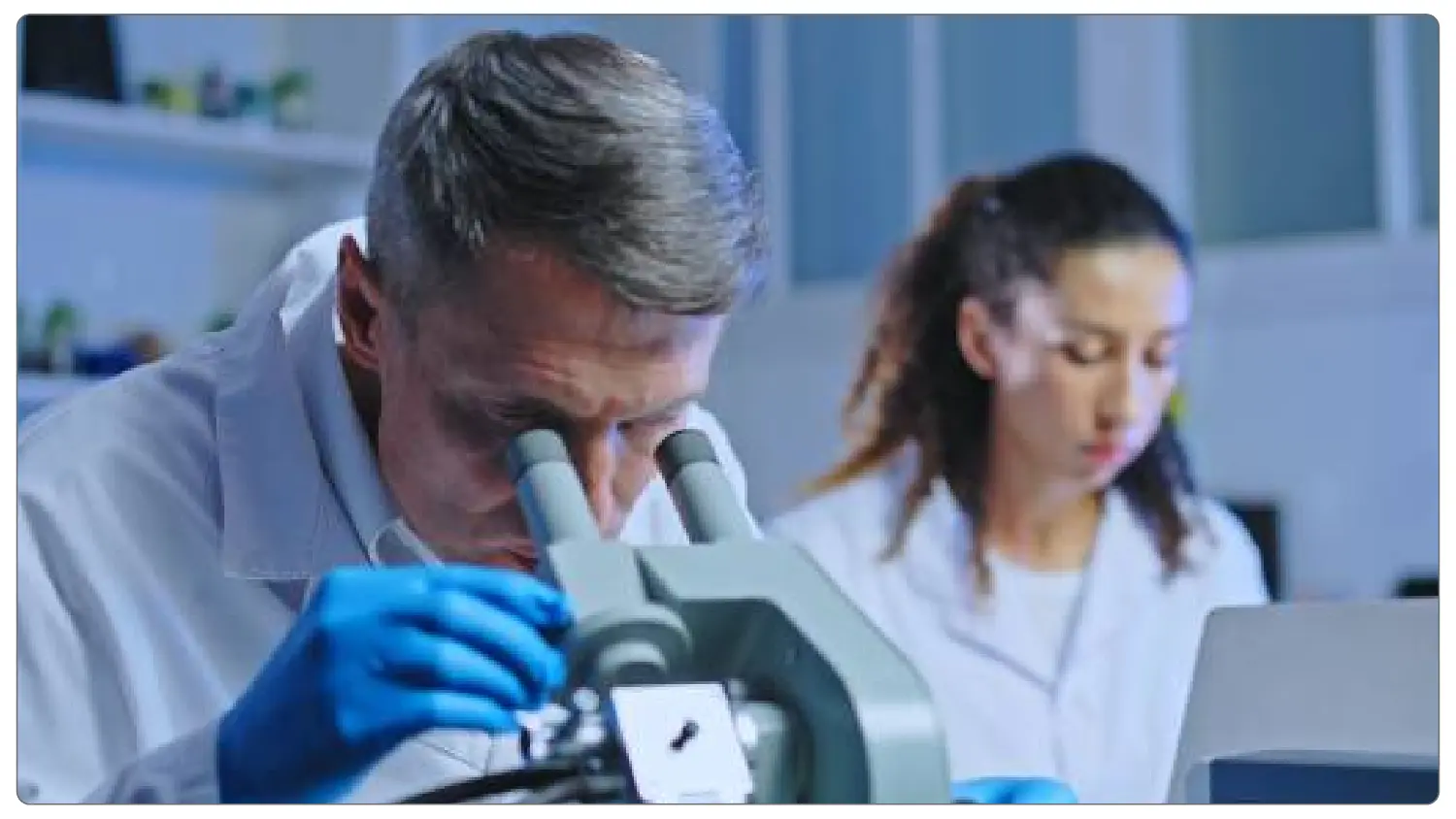“Singapore’s TISCHUMAP Leap: Mapping Human Tissues to Supercharge AI Drug Discovery”
Singapore is setting the pace in biotech innovation with the launch of TISCHUMAP, a groundbreaking research initiative aimed at revolutionizing AI-driven drug target discovery. The Agency for Science, Technology and Research (A*STAR) unveiled the ISCHUMAP (Tissue Mapping and Artificial Intelligence integration for Drug Discovery) project, whose goal is to produce a comprehensive molecular atlas of human tissues that serve as the basis for quicker and more accurate drug development.

By harnessing the power of artificial intelligence and cutting-edge multi-omics technologies, TISCHUMAP will decode complex biotechnology systems and reveal insights into how diseases develop at the cellular and molecular levels. With a sharper understanding of tissue-specific disease mechanisms, the initiates hope to identify new drug targets with unprecedented speed and accuracy.
As global healthcare systems struggle with rising chronic illnesses and rare diseases, there is a pressing need for targeted, personalized therapies. The goal of Singapore is to spearhead this change by utilizing AI technologies that can process vast amounts of biological data and identify patterns that are invisible to the naked eye. This establishes Singapore as a cutting-edge center for therapeutic innovation and precision medicine.
According to A*STAR, TISCHUMAP is not just a national project, it's a global blueprint. The molecular maps and AI framework developed will be openly shared with the international scientific community, thereby accelerating cross-border collaborations in biomedical research. Early efforts will focus on key diseases such as cancer, metabolic disorders, and neurological conditions.
The collaborations span leading healthcare institutions, including the National University Hospital (NUH), Singapore General Hospital (SGH), and Duke NUS Medical School. Researchers from genomics, proteomics, and bioinformatics will collaborate with AI scientists to create integrative models that simulate human disease biology.
But there’s more: TISCHUMAP also aims to build talent pipelines, nurturing the next generation of data scientists and biomedical experts. Singapore’s investments in this initiative reaffirm its commitment to science-driven growth, digital health leadership, and the responsible use of AI in the medical field.
The message is clear- Singapore isn’t just mapping tissues; it's also mapping the future of medicine.